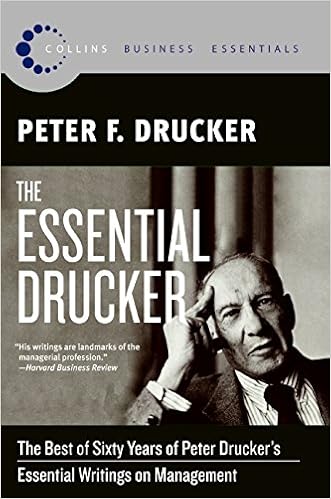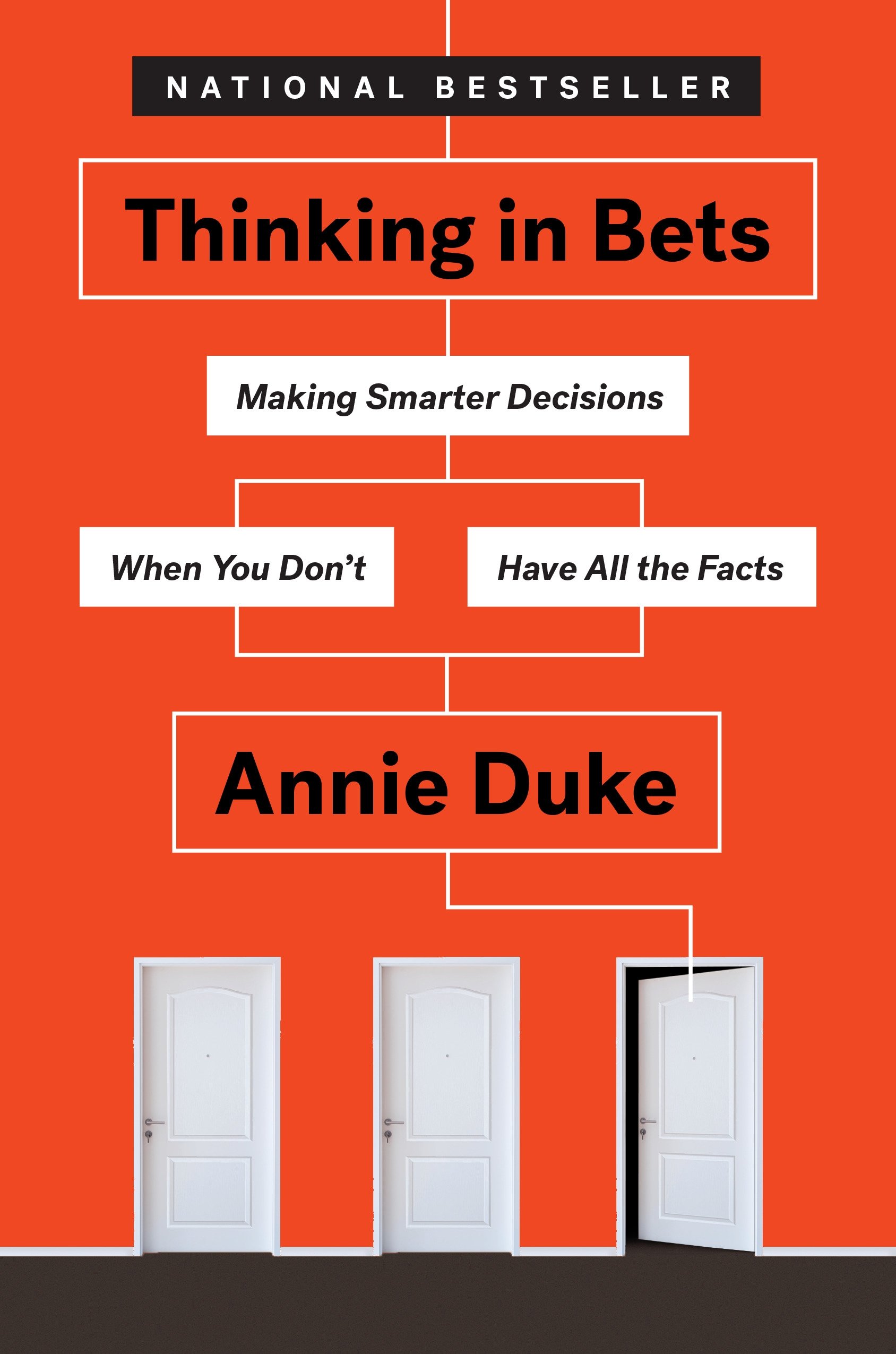Grepsr is increasingly being used in the work place by Quid.
Business people that don’t know how to code use Grepsr to pull data.
There is increasing demand for DIFFs to identify thematic trends. Themes are extracted from articles through the use of NLTK.
The proliferation of machine learning libraries and the maturing of the semantic web is democratizing the access to insights.
The legalization of online sports betting has open a fertile ground for this trend towards democratization.
NBA basketball predictive modeling should be done at the players level instead of the team level as the data becomes too lossy.
The odds of sports books at the opening lines is to encourage even bets on both side. The odds of the closing lines is a weighted average of bets (signals) from the crowd.







